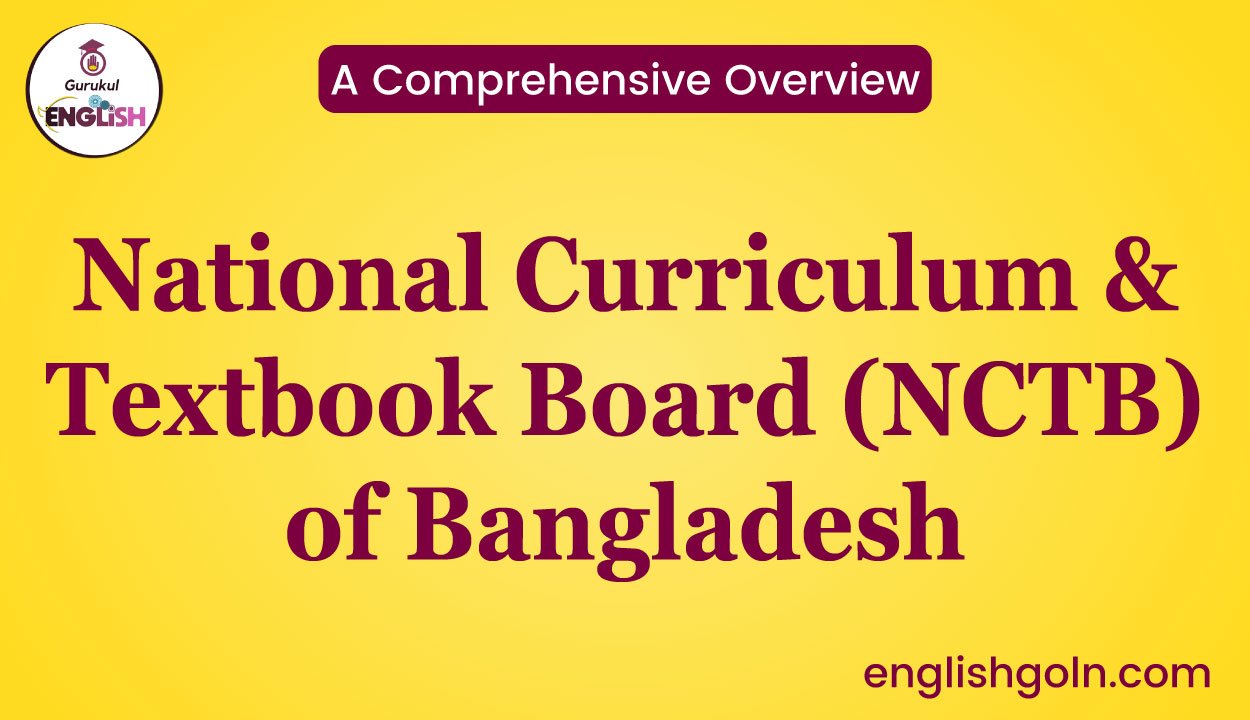The National Curriculum & Textbook Board (NCTB) of Bangladesh plays a pivotal role in shaping the educational landscape of the country. Tasked with developing and revising national curriculums, as well as producing and distributing school textbooks, the NCTB ensures that the educational materials align with national objectives, values, and goals. This article delves into the history, functions, and significance of the NCTB, shedding light on its impact on the education sector in Bangladesh.
National Curriculum & Textbook Board (NCTB)
Historical Background
The NCTB traces its origins to the early years of Bangladesh’s independence. Established in 1983, its foundational objective was to reformulate the education system to align with the nation’s ideals. Prior to its inception, Bangladesh depended on textbooks and curriculums inherited from its pre-independence era, many of which did not resonate with the country’s newfound identity and aspirations.
Key Roles and Responsibilities
The NCTB is mandated with several crucial responsibilities:
- Curriculum Development: One of the primary responsibilities of the NCTB is to develop and revise the national curriculum for primary, secondary, and higher secondary educational levels.
- Textbook Production: After formulating the curriculum, the NCTB is also responsible for producing textbooks that adhere to the defined curriculum. These textbooks serve as the standard educational material for schools across the country.
- Distribution: The board ensures that these textbooks reach students nationwide. Over the years, the Government of Bangladesh has initiated programs to distribute textbooks for free, ensuring that every student has access to quality educational material.
- Quality Control: The NCTB is in charge of maintaining the standard and quality of educational materials, ensuring they are free from errors and are pedagogically sound.
Significance in Nation Building
The role of NCTB extends beyond just curriculum development and textbook production. Its influence is deeply rooted in the nation-building process:
- Promoting National Identity: The textbooks produced by NCTB play a role in fostering a sense of national identity among the youth. They are introduced to the history, culture, and values of Bangladesh, forging a connection with their heritage.
- Inculcating Values: Through the curriculum, NCTB ensures that students are instilled with values such as secularism, democracy, and respect for diversity – values that are foundational to the Bangladeshi constitution.
- Skilling and Capacity Building: The curriculum is designed not just for academic knowledge but also to equip students with skills that are essential for the 21st century. This includes critical thinking, problem-solving, and more.
Challenges and Criticisms
Like any institution, the NCTB has its set of challenges:
- Content Controversies: Over the years, the content of textbooks has occasionally sparked debates and controversies. Issues related to historical accuracy, representation, and religious content have been points of contention.
- Updating Curriculums: With the rapidly evolving global scenario, updating curriculums to stay relevant is a challenge. Incorporating modern teaching methodologies, new scientific discoveries, and current global issues is essential.
- Logistical Challenges: Distributing textbooks across the country, especially in remote areas, poses logistical challenges. Ensuring timely delivery without any discrepancies is a continuous task.
Recent Initiatives
Recognizing the evolving global educational landscape, the NCTB has undertaken several initiatives:
- Digitalization: There has been a push towards digitalizing educational content. E-books, online resources, and digital classrooms are being introduced to make education more accessible and interactive.
- Inclusive Education: The NCTB is working towards making the curriculum more inclusive, catering to students with special needs and ensuring that diverse voices and perspectives are represented.
- Stakeholder Engagement: The process of curriculum development and textbook production now involves more stakeholder engagement, including educators, experts, and students, to ensure a holistic approach.
Conclusion
The National Curriculum & Textbook Board (NCTB) holds a place of prominence in the educational framework of Bangladesh. Through its diligent work in curriculum development and textbook production, it shapes the minds of millions of students, ensuring they are grounded in the values, history, and aspirations of the nation. While challenges persist, the NCTB’s role in nation-building remains undeniably significant. As Bangladesh strides forward, the continuous evolution and adaptability of the NCTB will be instrumental in molding future generations that are informed, skilled, and deeply connected to their roots.
